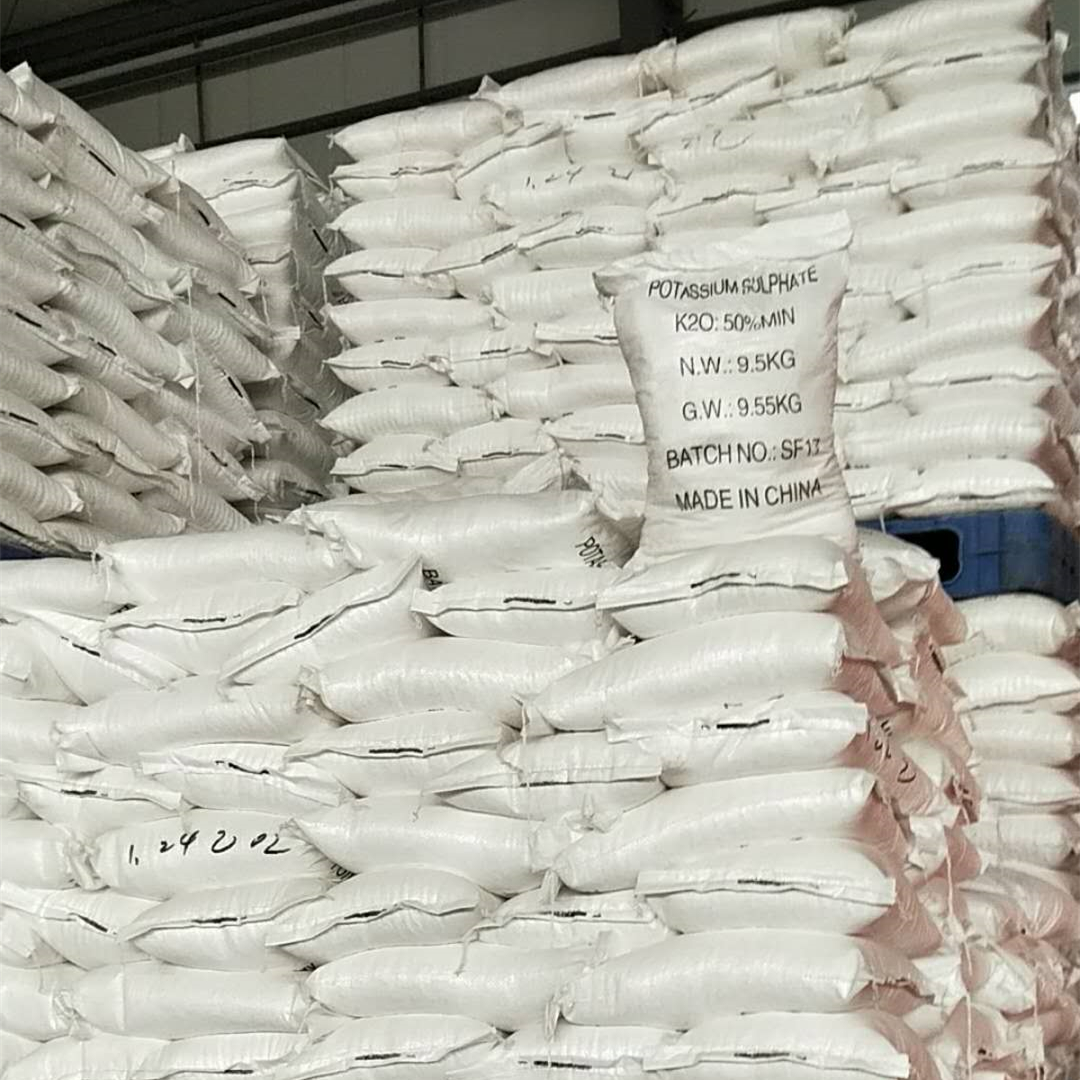
Aug . 08, 2024 03:30 Back to list
A Comprehensive Guide to Organic Fertilizer Production for Vegetable Cultivation in Sustainable Agriculture
The Rise of Organic Fertilizer in Vegetable Farming A Sustainable Solution
In recent years, the demand for organic vegetables has surged as consumers become increasingly aware of the health and environmental benefits of organic produce. This shift towards organic farming has prompted a significant interest in organic fertilizers, which offer an eco-friendly alternative to conventional chemical fertilizers. An organic fertilizer vegetables factory serves as a critical component in the supply chain of organic farming, ensuring that farmers have access to high-quality nutrients that support sustainable agriculture.
Organic fertilizers are derived from natural sources such as plant matter, animal manure, and microbial processes. Unlike synthetic fertilizers, which can lead to soil degradation and water contamination, organic fertilizers enrich the soil with essential nutrients while promoting a healthy ecosystem. They improve soil structure, enhance microbial activity, and increase water retention, all of which are vital for the growth of healthy vegetables.
A well-designed organic fertilizer vegetables factory produces a range of fertilizers tailored to the needs of different crops. For instance, compost, a popular organic fertilizer, is created by decomposing organic matter, such as kitchen scraps and yard waste. This process not only recycles waste but also produces a nutrient-rich product that improves soil health. Other organic fertilizers include bone meal, blood meal, and fish emulsion, each with unique nutrient profiles suitable for various vegetable crops.
One of the primary advantages of organic fertilizers is their slow-release nature. Unlike conventional fertilizers, which can cause nutrient runoff and leaching, organic fertilizers release nutrients gradually, providing plants with a steady supply throughout their growing cycle. This slow-release mechanism reduces the risk of over-fertilization and encourages robust plant growth.
organic fertilizer vegetables factory

Moreover, organic fertilizers promote biodiversity in the soil, attracting beneficial organisms like earthworms and nitrogen-fixing bacteria. These organisms play a crucial role in breaking down organic matter and enhancing nutrient availability. In contrast, synthetic fertilizers can disrupt this delicate balance, leading to a decline in soil health over time.
The establishment of organic fertilizer vegetables factories also supports local economies. By producing fertilizers locally, farmers can save on transportation costs and have easier access to the products they need. This localized approach reduces the carbon footprint associated with shipping fertilizers long distances and promotes regional sustainability.
In addition to environmental benefits, organic fertilizers can significantly enhance the nutritional quality of vegetables. Studies have shown that organically grown crops often contain higher levels of vitamins, minerals, and antioxidants compared to conventionally grown ones. As consumers increasingly prioritize health and wellness, the demand for organically produced vegetables continues to grow, thereby boosting the market for organic fertilizers.
However, transitioning to organic fertilizers is not without its challenges. Farmers may initially face higher costs and require education on how to effectively use organic methods. Therefore, partnerships between organic fertilizer factories, agricultural extension services, and farming communities are essential for providing the necessary support and training.
In conclusion, the role of organic fertilizer vegetables factories in promoting sustainable agriculture cannot be overstated. By supplying high-quality, eco-friendly fertilizers, these factories contribute to healthier soil, better crop yields, and a more resilient food system. As the organic movement continues to gain momentum, investing in organic fertilizer production will be critical in meeting the growing demand for organic vegetables and ensuring a sustainable future for agriculture. The journey towards a greener farming landscape is a collective effort, and organic fertilizer factories are at the forefront of this essential transformation.
-
10 10 10 Fertilizer Organic—Balanced NPK for All Plants
NewsJul.30,2025
-
Premium 10 10 10 Fertilizer Organic for Balanced Plant Growth
NewsJul.29,2025
-
Premium 10 10 10 Fertilizer Organic for Balanced Plant Growth
NewsJul.29,2025
-
Premium 10 10 10 Fertilizer Organic for Balanced Plant Growth
NewsJul.29,2025
-
50 Pound Bags of 13-13-13 Fertilizer for All Plants – Bulk & Organic Options
NewsJul.28,2025
-
High-Efficiency 15-30-15 Granular Fertilizer for Healthy Crops
NewsJul.28,2025
